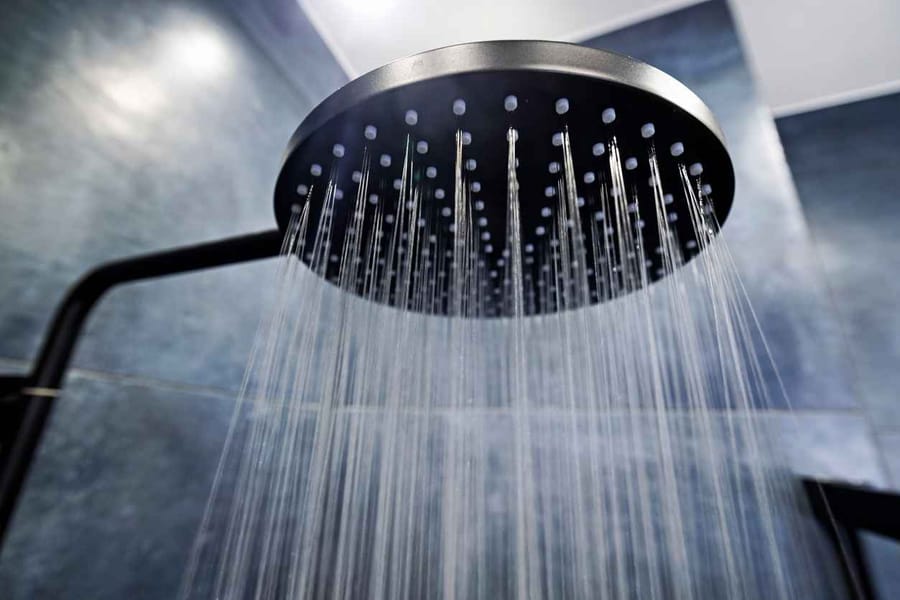absolute plumbing Inc.
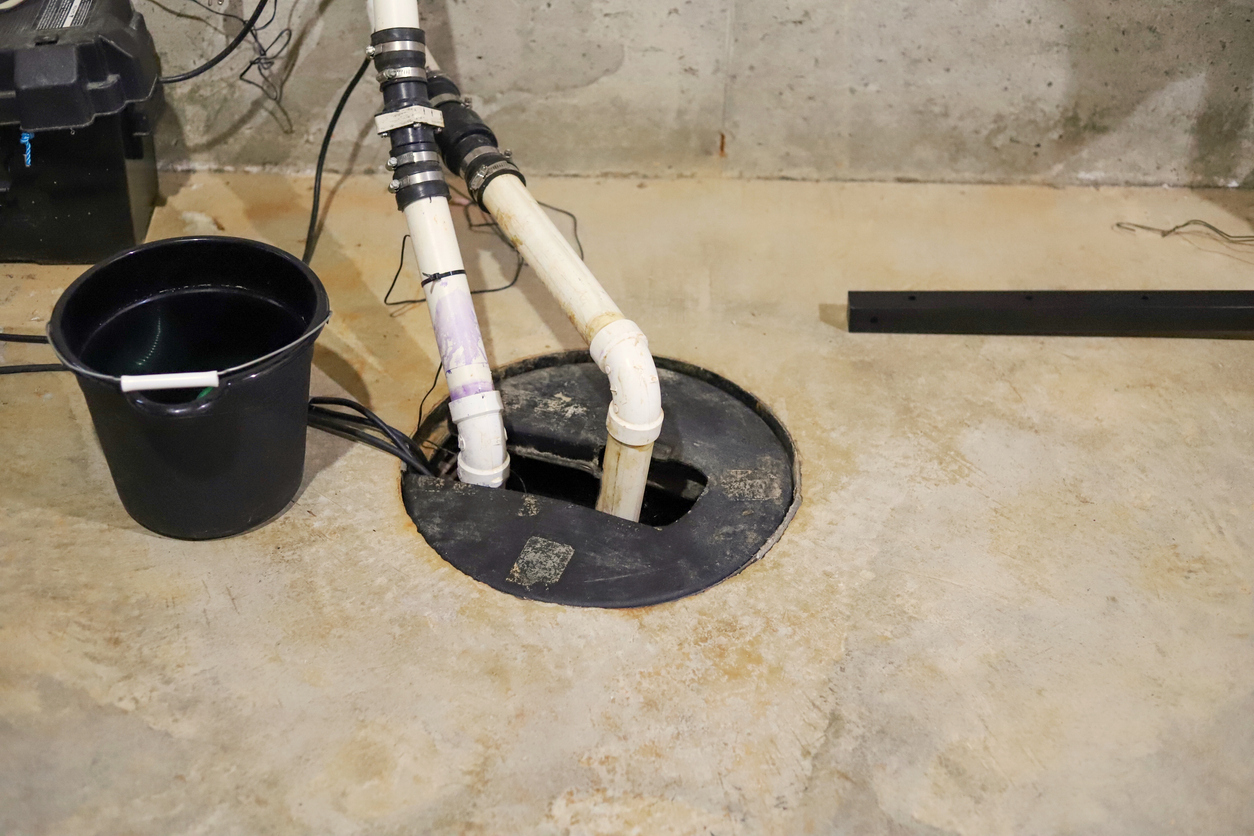
Ejector Pump vs. Sump Pump: Understanding the Differences for Your Basement
When it comes to managing water in your home, especially in the basement, understanding the differences between an ejector pump and a sump pump is crucial. Both play vital roles in keeping your home dry and safe from water damage, but they serve very distinct purposes. In this guide, we’ll dive deep into ejector pump basements, the nuances between ejector pump vs sump pump, and what exactly an ejector pump is, helping you make an informed decision for your home.
What Is an Ejector Pump?
Starting with the basics, an ejector pump is designed to handle not just water but also waste. Located in your basement, it’s typically connected to a sewage line or septic tank. The primary role of an ejector pump is to pump both sewage and greywater (from washing machines, sinks, and showers in the basement) up to the main sewer line or septic system. This is especially crucial in basements that are below the grade of the sewer lines and require assistance to move waste upwards. Understanding what an ejector pump is, is the first step in recognizing its importance in maintaining a hygienic and flood-free basement environment.
What Is a Sump Pump?
On the other side of the spectrum, a sump pump is designed specifically to handle clean water. Installed in the lowest part of a basement or crawlspace, its main function is to pump out water that has accumulated in a sump pit, typically due to rain or natural groundwater. By doing so, sump pumps prevent water from rising to a level where it can cause flooding and damage to the structure and interior of your home. The focus here is purely on water removal, contrasting with the waste-handling capabilities of an ejector pump.
Ejector Pump vs Sump Pump: Key Differences
While both pumps are essential for homes with basements, understanding the ejector pump vs sump pump differences is key to using them effectively. The ejector pump is all about waste and water management, pumping sewage and greywater out of your basement. This makes it indispensable for homes that have bathroom facilities or laundry rooms in the basement.
Conversely, a sump pump deals exclusively with preventing groundwater or rainwater from flooding your basement. It’s a proactive measure against water damage and mold growth, essential for maintaining the structural integrity of your home.
The distinction between sump pump vs ejector pump goes beyond their functions. It extends to their installation and maintenance requirements. Ejector pumps require a venting system to manage sewage gasses and a check valve to prevent backflow. Sump pumps, on the other hand, rely on a float switch to activate the pump when water reaches a certain level, with less complex installation requirements.
Choosing the Right Pump for Your Basement
Deciding between an ejector pump and a sump pump boils down to the specific needs of your basement. If your basement houses facilities that generate wastewater, an ejector pump is essential. For homes prone to basement flooding due to rain or high groundwater levels, a sump pump is a must-have.
It’s also worth noting that many homes benefit from having both pumps installed. This dual-pump system ensures comprehensive protection against both water and sewage, keeping your basement dry, clean, and odor-free.
Conclusion: Protect Your Home with Absolute Plumbing
Understanding the differences between an ejector pump and a sump pump is crucial for any homeowner looking to protect their basement from water and sewage damage. Whether you’re dealing with wastewater management or looking to prevent basement flooding, knowing which pump suits your needs is the first step towards a safer, drier home.
If you’re unsure about the best solution for your home or need professional installation services, Absolute Plumbing is here to help. Our team of experts can guide you through the selection process, ensuring that your home is equipped with the right pump for your specific requirements. Contact us today to safeguard your basement and enhance your home’s value and comfort. Remember, the right pump can make all the difference in maintaining a dry and healthy home.
Recent News
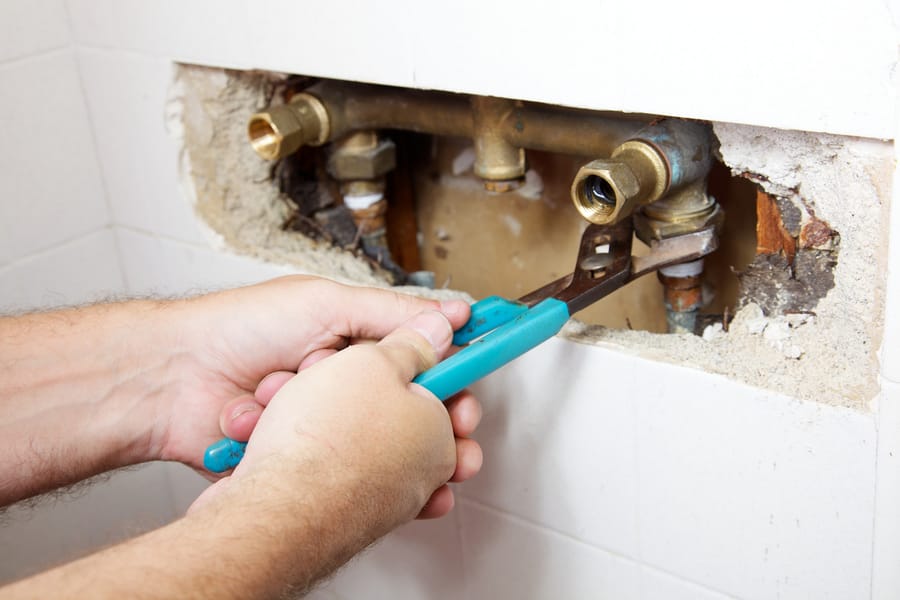
The Cost of Delay: How a Small Spring Leak Becomes a Summer Foundation Repair
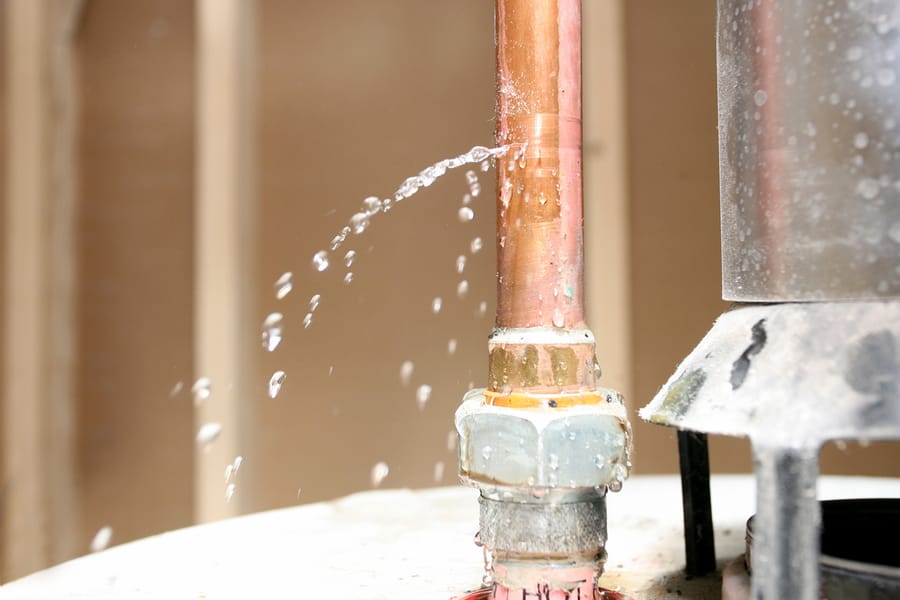
Why North Texas Homes Experience More Pipe Leaks in Winter and Early Spring
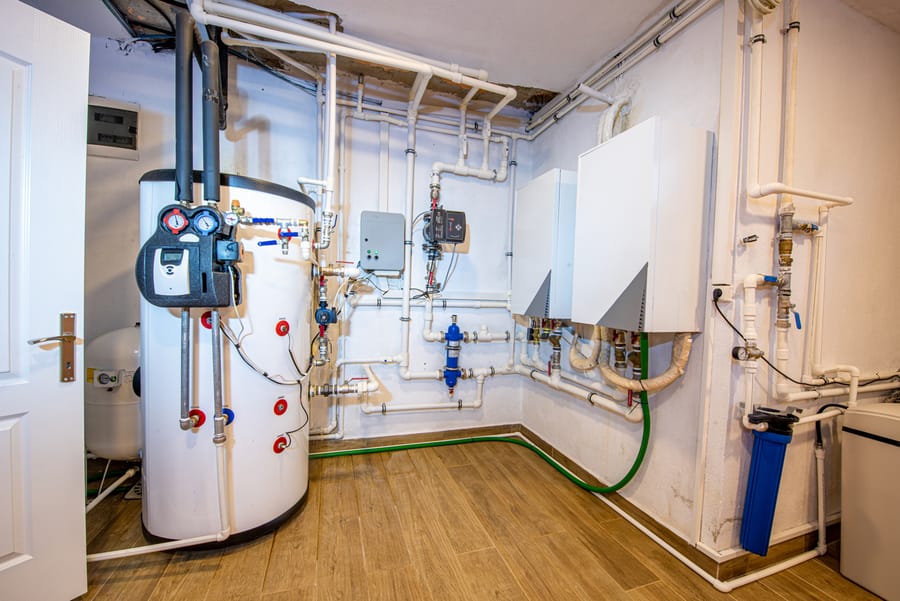
Why Your Water Heater Struggles More During Winter in Flower Mound
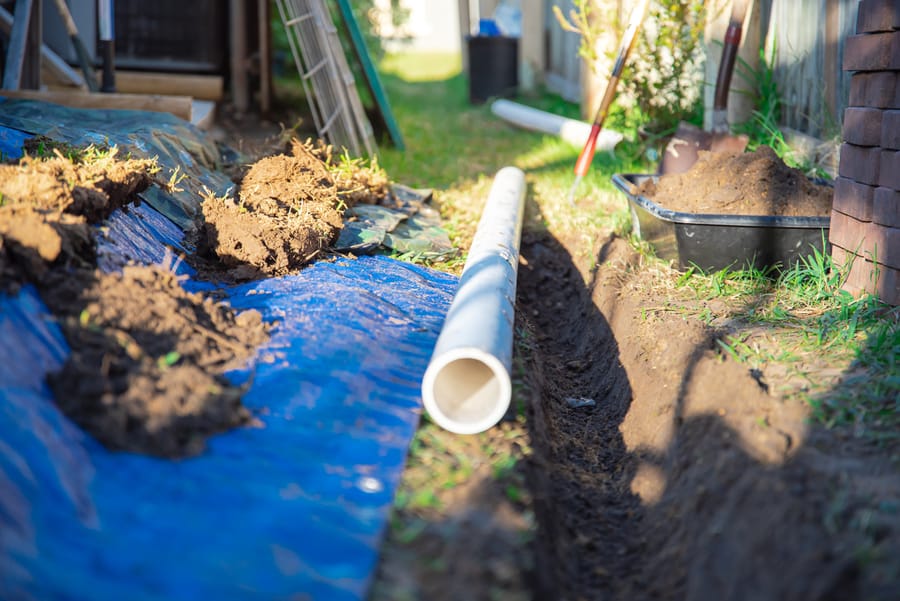
How Soil Shifting in North Texas Impacts Sewer Lines and Drains
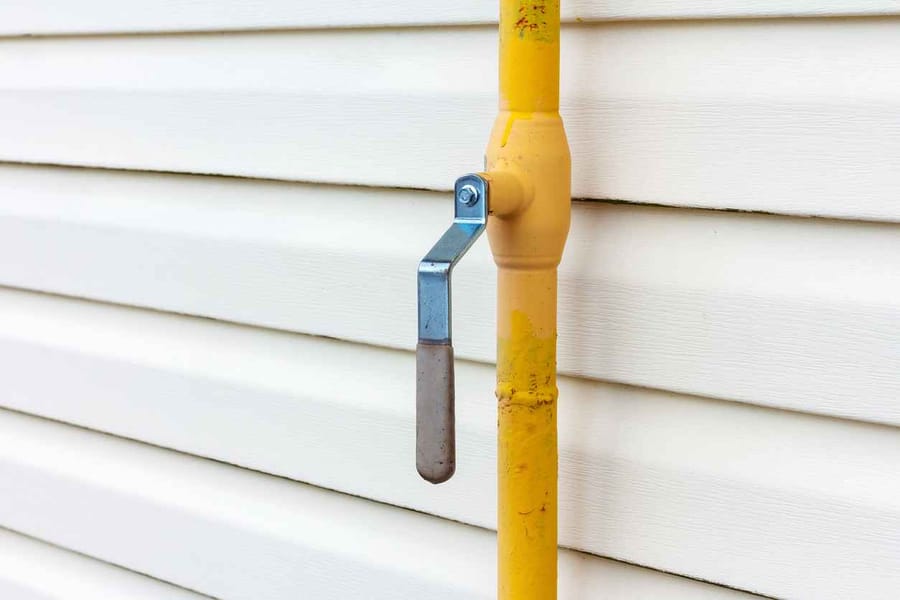
Gas Line Safety in Texas Homes: What to Do Before Cold Weather Arrives

Inside a Plumbing Inspection: What We Check and Why It Matters
